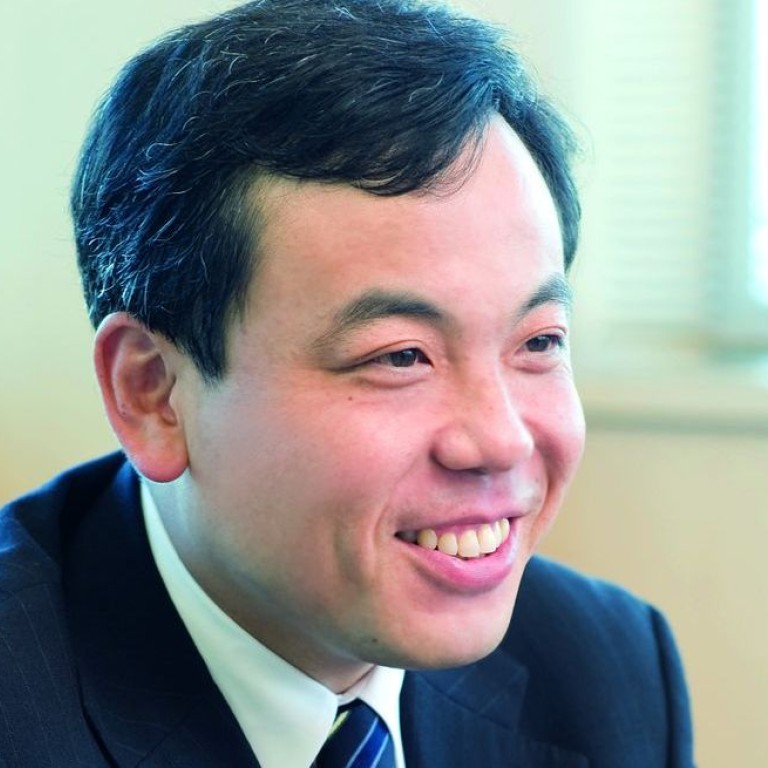
Opportunities set to mushroom across Asia for Hokuto
Healthier digestive, cardiovascular and immune systems are among the effects of eating mushrooms as part of a wholesome diet. As a quality mushroom manufacturer in Japan, Hokuto has cultivated its brand to represent the nutrition and tastiness that mushrooms add to Asian and Western cuisines.
Healthier digestive, cardiovascular and immune systems are among the effects of eating mushrooms as part of a wholesome diet. As a quality mushroom manufacturer in Japan, Hokuto has cultivated its brand to represent the nutrition and tastiness that mushrooms add to Asian and Western cuisines. The company aims to familiarise overseas consumers with the benefits of mushrooms by expanding in Southeast Asia.
"Educating more Asian countries about how our mushrooms can be used in daily cuisine is a priority for us," says Masayoshi Mizuno, president. "Backed by our brand name, our mushrooms are regarded as high quality."
Based in Nagano prefecture, which is famous for its wild mushrooms, Hokuto began as a packaging materials company that made bottles for mushroom cultivation. Hokuto then established the Mushroom General Research Institute in 1983, which enabled it to independently produce mushrooms such as eryngii, maitake and buna-shimeji.
The institute gives Hokuto insight into the properties of mushrooms, which make them an ideal health food due to their zero cholesterol content, low calorie content and high amounts of antioxidants, fibre and vitamins B and D.
Hokuto genetically engineers mushrooms to improve and combine characteristics such as taste, texture and longer shelf life. These qualities in the company's products earned high evaluation scores from the Japan Agriculture Association. The company incorporates these qualities in developing its own species such as white buna-shimeji, known as bunapi.
Bunapi is popular for its chewy texture and creamy taste, which is milder than the original brown buna-shimeji's flavour. Together with maitake, which has a richer taste and aroma, these mushrooms are considered healthier alternatives to meat.
Having stabilised mushroom supplies for production and distribution throughout the country, Hokuto's research and development also aided its expansion into regional markets.
The company opened two factories in Taiwan with a combined annual capacity of 3,000 tonnes of mushrooms for export to Hong Kong. It also looks forward to widening its reach to the mainland.
To mark its 50th anniversary this year, Hokuto will be opening a factory in Malaysia that will begin operations in November.
As it continues to develop mushrooms to suit consumer preferences, the company plans to obtain halal certification by next year.
"The Asian market will have more opportunities for us over the next 50 years," Mizuno says. "Providing high-quality mushrooms is important to us and I hope that Asia comes to recognise our mushrooms as products made by Japan."
www.hokto-kinoko.co.jp
